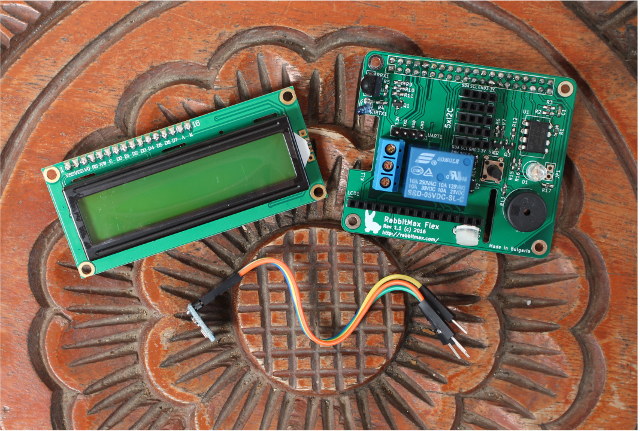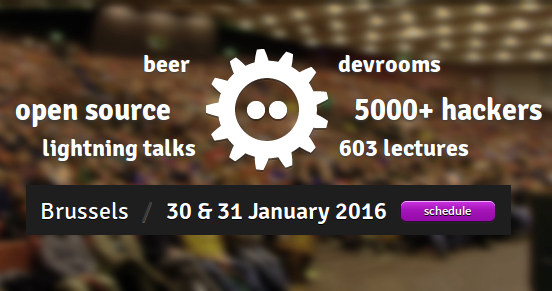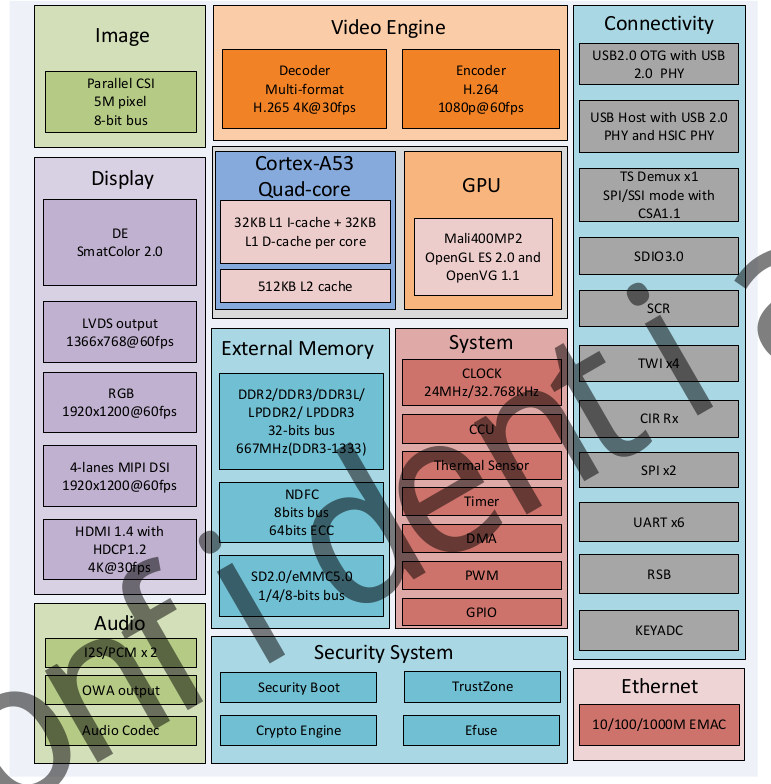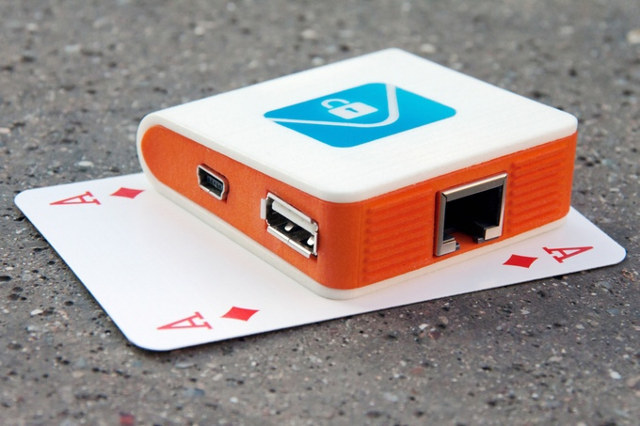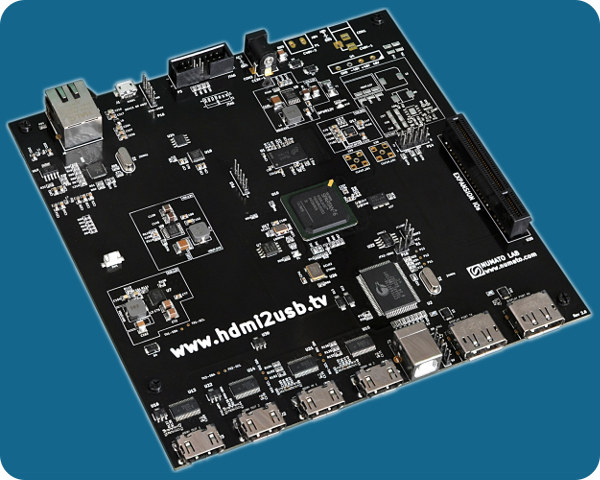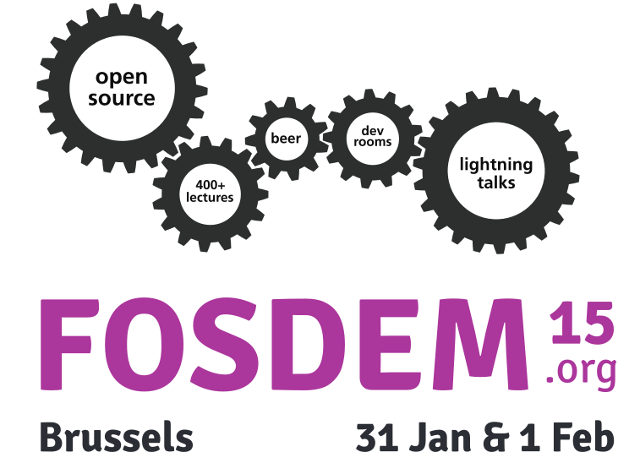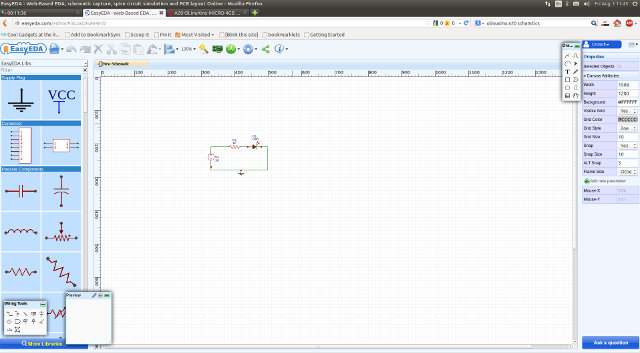FOSDEM (Free and Open Source Software Developers’ European Meeting) is a 2-day free event for software developers to meet, share ideas and collaborate that happens on the first week-end of February, meaning it will take place on February 4 & 5, 2017 this year. FOSDEM 2017 will features 608 speakers, 653 events, and 54 tracks, with 6 main tracks namely: Architectures, Building, Cloud, Documentation, Miscellaneous, and Security & Encryption. I won’t be there, but it’s always interesting to look at the schedule, and I made my own virtual schedule focusing especially on talks from “Embedded, mobile and automotive” and “Internet of Things” devrooms. Saturday 4, 2017 11:00 – 11:25 – Does your coffee machine speaks Bocce; Teach your IoT thing to speak Modbus and it will not stop talking, by Yaacov Zamir There are many IoT dashboards out on the web, most will require network connection to a server far […]
RabbitMax Flex IoT & Home Automation Board and Kit for Raspberry Pi
RabbitMax Flex is an add-on board for the Raspberry Pi boards with 40-pin headers, namely Raspberry Pi Model A+ and B+, Raspberry Pi 2, Raspberry Pi 3 and Raspberry Pi 0, destined to be used for Internet of Things (IoT) and home automation applications thanks to 5x I2C headers, a relay, an LCD interface and more. I’ve received a small kit with RabbitMax Flex boards, a BMP180 temperature & barometric pressure I2C sensor, and a 16×2 LCD display. RabbitMax Flex specifications: Relay – Songle SRD-05VDC-SL-C supporting 125V/250VAC up to 10A, 30VDC up to 10A Storage – EEPROM with some system information for identification IR – IR LED, IR receiver Misc – Buzzer, Button, RGB LED Expansion Header for LCD character display + potentiometer for backlight adjustment 5x 4-pin headers for I2C sensors Dimensions – Raspberry Pi HAT compliant The assembly of the kit is child’s play as you don’t even need […]
FOSDEM 2016 Schedule – Open Source Hardware and Software Event in Europe
FOSDEM (Free and Open Source Software Developers’ European Meeting) is a 2-day event that usually takes place on the first week-end of February in Brussels, but this year it will be on January 30-31. The event brings thousands of developers, hackers, and other person interested in open source technology who present their projects and share ideas. FOSDEM 2016 schedule is now available, and There will be 557 speakers, 612 events, and 50 tracks this year including 7 main tracks: Distros, Enterprise, Hardware, Communications, Miscellaneous, Office, Systems Administration, and Virtualization. So I’ve had a look at some of the talks, especially out of “Embedded, Mobile and Automotive” and “IoT” devrooms, and prepared my own virtual schedule although I won’t be able to attend. Saturday 10:30 – 10:55 – MIPS, the other side of the embedded by Alexjan Carraturo For many years MIPS processors have been involved in the embedded market, particularly […]
Allwinner A64 Datasheet and User Manual Released
Allwinner has two 64-bit ARM processors in the works: Allwinner H64 and Allwinner A64. Both are quad core Cortex A53 processors with a Mali-400MP2 GPU, H.265 4K video playback with basically the same interfaces and peripherals, but H64 also supports H.264 at 4K resolutions, while A64 is limited to H.264 @ 1080p, and H64 adds a TS interface. The first good news is that two boards are in development: Orange Pi Plus 3 with Allwinner H64 Olimex A64-OLinuXino update with Allwinner A64 Engineering samples have already been produced for the first board, but that’s about all the information we have now, as Shenzhen Xunlong has not built its reputation by releasing documentation early. One the other hand, A64-OLinuXino schematics have nearly been completed, but we already know more details, as not only Olimex boards are open source hardware, but the company defies conventional wisdom by involving the community in the […]
Own-Mailbox is a Tiny, Secure, and Open Source Hardware Mail Server (Crowdfunding)
Email encryption has been around for a while, but virtually nobody uses it, because it’s quite complex to setup, and your recipients email clients, apps or browsers must also support encryption. Revolutek aims to simplify the setup and usage of encrypted email with their “Own-Mailbox” based on open source hardware and software technology. The hardware solution could have been based on the Raspberry Pi board in theory, but the popular board requires a closed source binary to boot, documentation about part of the hardware is lacking, and once the enclosure, and required accessories are included the price would have been higher. So instead they decided to design their own hardware based on an Allwinner processor: SoC – Allwinner A13 Cortex A8 processor @ 1GHz System Memory – 256 MB RAM Storage – (micro?) SD card slot with 16GB card included Connectivity – 10/100M Ethernet (Lan9500A controller) USB – USB host […]
Numato Opsis is an Open Source Hardware FPGA Board with 6 Video Inputs and Outputs (Crowdfunding)
Numato Lab is a Bangalore based company specializing in MCU and FPGA boards such as the low cost Mimas V2 Spartan 6 board, and their latest board is also based on a Spartan 6 FPGA, but a more powerful part with LX45T FPGA, and targets video applications with two HDMI inputs, two HDMI outputs, one DisplayPort output, and one DisplayPort input, among other interfaces. Instead of simply listing specifications of Numato Opsis, I’ll reproduce a table – drawn by Numato – showing Opsis features and specifications against some other FPGA video platforms. Opsis miniSpartan6+ Mixxeo Atlys Nexys Anvyl CVK 2.0 AVDB Make Numato ScarabHardware M‑Labs Digilent Digilent Digilent TED OmniTek License Open Open Open Closed Closed Closed Closed Closed Cost USD $349 USD $105 no stock USD $419 USD $499 USD $539 USD $2,995 USD $999 FPGA Fab Xilinx Xilinx Xilinx Xilinx Xilinx Xilinx Xilinx Altera Family Spartan‑6 Spartan‑6 Spartan‑6 Spartan‑6 Artix‑7 Spartan‑6 Spartan‑6 Cyclone V Part LX45T […]
FOSDEM 2015 Schedule – January 31 – February 1 2015
FOSDEM (Free and Open Source Software Developers’ European Meeting) takes place every year during the first week-end of February. This year the developer-oriented event expects to bring over 5000 geeks to share ideas and collaborate on open source projects. Contrary to most other events, it’s free to attend, and you don’t even need to register, just show up. FOSDEM 2015 will take place on January 31- February 1 in Brussels. There will be 551 sessions divided into 5 keynotes, 40 lightning talks, 6 certification exams, and with the bulk being developer rooms and main tracks, divided into 7 main tracks this year: Languages, Performance, Time, Typesetting, Hardware, Security and Miscellaneous. I’m not going to attend, but it’s still interested to see what will be talked about, and I’ve concocted my own little virtual program out of the main tracks and developers’ rooms. There’s a few minutes overlap between some talks […]
EasyEDA is a Web-based Schematics Capture, Simulation, and PCB Layout Tool
I recently watched a video showing AllWinner R&D, and I noticed although most (all?) software engineer run Ubuntu in the PC, the hardware engineers all relied on Windows based EDA tools for schematics capture and PCB Layout. There are already Linux-based tools such as Kicad, which appears to be good for new projects, but importing existing projects can be an issue. An alternative to operating system dependent EDA software suites are web-based tools. I’ve already tried Fritzing which allows to draw circuits on breadboard, convert these to schematics and PCB layouts, and order the PCBs. It looks pretty good for its purpose, but it’s limited to mostly simple designs, and AFAIK can’t be used to replace an EDA suite. That’s where EasyEDA comes into play. It’s a web-based tool where you can draw schematics, perform simulation, and create PCB layouts for your project, either keeping them private, or sharing them […]



